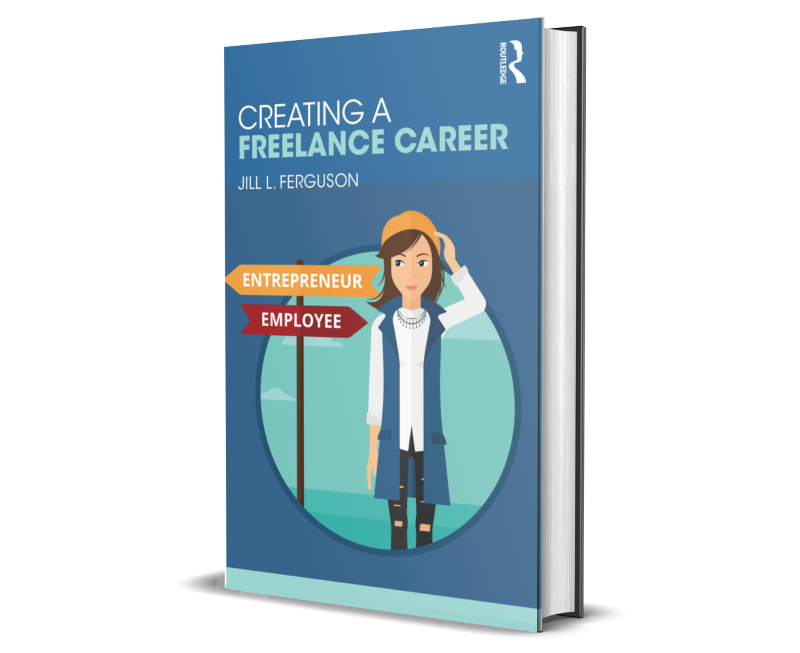|
The following information is a brief overview of one section of Creating a Freelance Career's Chapter Six, So You Want to Write a Book or Publish Other Things.
If you decide you want to pursue a traditional publishing route for the nonfiction book you are writing, you will need to put together a book proposal. to send to literary agents and/or publishers. A book proposal contains six essential parts: 1) Overview 2) Chapter by Chapter Outline 3) Marketing Analysis 4) Competitive Analysis 5) Sample Chapters 6) Author Bio We will explore these in depth in six blog entries, starting with the competitive analysis, as sometimes looking at the competition gives us ideas to focus on in our own writing; we can see gaps in knowledge and how we can differentiate ourselves. A competitive analysis is a bit how it sounds. We examine the books in our industry, ones that would compete for shelf space in traditional bookstores and in online bookseller's category classifications. A client I'm working with is writing a book about her life with Asperger's so let's use that as the example. Her book is nonfiction, a memoir, so that narrows down field of published books, meaning we rule out any books for parenting a child with Asperger's and maybe any books written from a psychological perspective (such as textbooks and manuals). The books that could be similar include:
For example, Look Me in the Eye: My Life with Asperger's by John Elder Robison (Three Rivers Press, 2008) humorously and painfully follows the author's childhood (where teachers and others labeled him "defective") to adulthood where he finally has a diagnosis, becomes a husband and a father and creates a successful business. Similarly, (INSERT BOOK TITLE) is a collection of true stories about my adventures and social faux pas while traveling around the world as a teenager and beyond in search of a place and a family where I fit in. How much competition your book may have will determine how many paragraphs of analysis you need in this part of your book proposal. And don't ever tell an agent or publisher that your book is so unique that has no competition. Choose the books that are closest and compare. The book proposal itself can be written as you're fleshing out your book outline and understanding its substance. For nonfiction books, you can start shopping for a literary agent or a publisher once you have a clear idea of the book, its contents, and some of the writing done. The whole book does not need to be complete at that time, as the agent or publisher may have some opinions as to what contents are found in the final product. Next week, we will explore marketing analysis. In the meantime, if you have questions about book proposals, please feel free to comment below or e-mail.
Click to set custom HTML
Click to set custom HTML
0 Comments
Leave a Reply. |
AuthorJill L. Ferguson Archives
October 2025
Categories |

 RSS Feed
RSS Feed